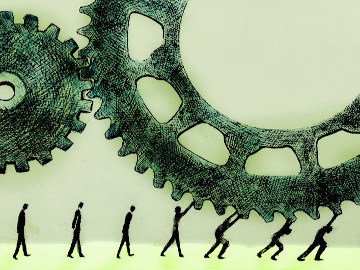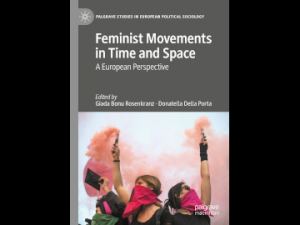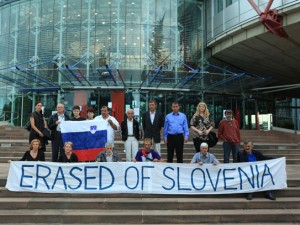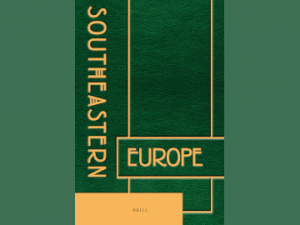Workers’ Struggles in Post-Socialist Slovenia: Between Trade Union Strategies and Worker Stratification in the Workplace
17. 3. 2021 | Politics

Maja Breznik and Boris Mance have published the article about workers’ struggles in post-socialist Slovenia in Open Edition Journals, Balkanologie: revue d’études pluridisciplinaires.
The article examines the links between the evolution of the relationships of both labour/capital and trade unions/membership in post-socialist Slovenia. It unfolds the long trade union transition towards economic unionism on the one side and, on the other, discrepancies among trade union members. Building on the concept developed by the Italian Operaism of the technical and political composition of the labour force, the survey of workers from three companies establishes divisions between unqualified/qualified workers. From them emerges a contradictory situation in which all employees benefit from a higher exploitation of certain groups of production and service workers. Subject to different degrees of exploitation, workers also do not share the same understanding of trade unions. While well-off workers take it as a social organization pursuing the economic interests of their members, low-wage workers comprehend it as a class-based social organization.




